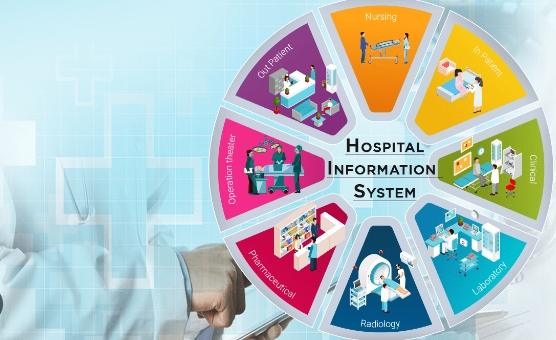Clinical information systems are changing the way healthcare is delivered, making processes more efficient and improving patient care.
1. Streamlining Patient Data Management
Clinical information systems allow healthcare providers to keep all patient information in one centralized location, making it easy to access and update. This eliminates the need for paper charts, reducing the risk of lost or misplaced records.
2. Increasing Communication Among Healthcare Providers
With clinical information systems, different healthcare providers can easily access and share patient information, leading to better coordination of care. This helps prevent medication errors, duplicate tests, and unnecessary procedures.
3. Improving Patient Safety
Clinical information systems include features such as medication alerts and reminders, helping healthcare providers avoid errors in prescribing medication. These systems also make it easier to track patient progress and outcomes, leading to better overall patient safety and outcomes.
4. Enhancing Quality of Care
By providing healthcare providers with real-time access to patient information, clinical information systems allow for more informed decision-making and personalized care. This leads to better treatment outcomes and overall quality of care.
5. Increasing Efficiency and Productivity
Clinical information systems automate many repetitive tasks, allowing healthcare providers to spend more time with patients. This improves the overall efficiency of healthcare delivery, reducing wait times and increasing patient satisfaction.
In conclusion, clinical information systems are revolutionizing healthcare by streamlining patient data management, increasing communication among healthcare providers, improving patient safety, enhancing quality of care, and increasing efficiency and productivity. As technology continues to advance, these systems will play an increasingly important role in the delivery of healthcare services.

